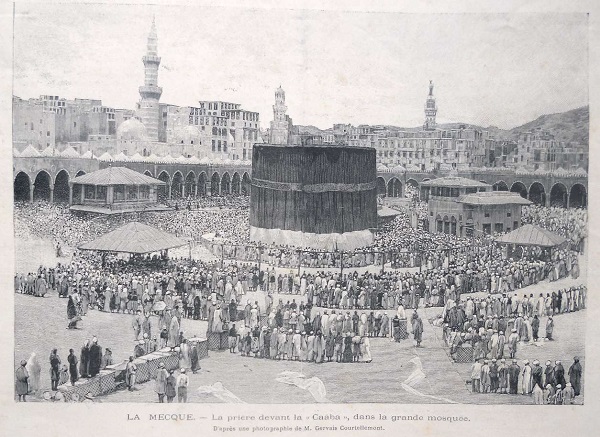FWP:
SETS
IDOL: {8,1}
RELIGIONS: {60,2}
Some editors modernize and/or 'Urduize' gaa;Rho into gaa;Ro . As always, I follow Arshi.
The first line is so abstract, so orotund, so pontificating-- it cries out not just to be illustrated or concretized, but to be punctured with a small sharp object, so that all that hot air can be vented. And the second line provides a small sharp object indeed-- it's so specific, so hard-hitting, so inescapable.
No flimflammery, no waffling, no attempt at persuasion, just a familiar imperative (with tum ). It's a strong, simple, forceful command: if a Brahmin dies in the idol-house, in pursuit of duty and faithfulness, then bury him in the Ka'bah, and no two ways about it!
The obvious verse for comparison is {204,7}.

Hali:
That is, when a Brahmin spends his whole life in the idol-house, and dies there, then he has a right to be buried in the Ka'bah, because he entirely fulfilled the claim of fidelity, and this is the root of faith.
==Urdu text: Yadgar-e Ghalib, p. 125